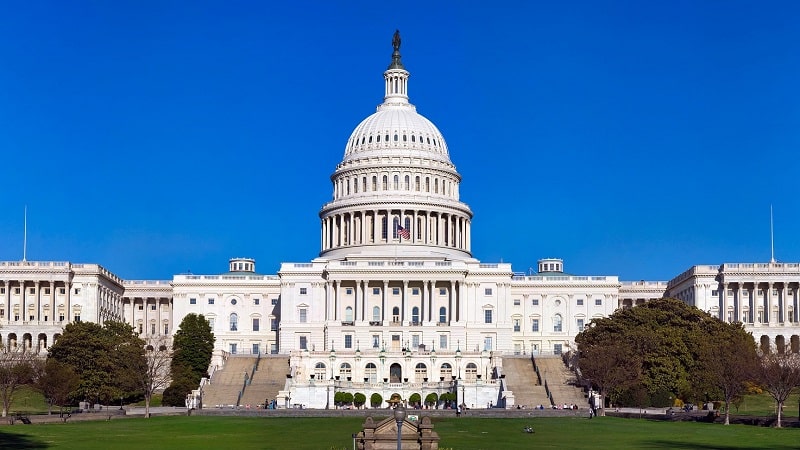
After months of back-and-forth, the House and Senate have finally reached a compromise on the National Defense Authorization Act (NDAA) for Fiscal Year (FY) 2025, agreeing on key provisions for artificial intelligence (AI), cybersecurity, and a historic pay raise for junior service members.
Over the weekend, the House and Senate unveiled their compromise version of the FY2025 NDAA, with a topline of $895.2 billion that comes in just under the congressionally mandated budget caps imposed by the Fiscal Responsibility Act (FRA), despite a push in the Senate to exceed that number.
The Senate Armed Services Committee’s initial version, approved on June 13, allocated $878.4 billion for the Defense Department (DoD), $33.4 billion for defense-related activities in the Department of Energy, and an estimated $11.5 billion for non-NDAA defense activities, bringing the total request reached $923.3 billion – exceeding the $895.2 billion cap set by the FRA. In contrast, the House version, passed by on June 14, proposed $883.7 billion, including $849.8 billion for the Pentagon, and staying under the FRA’s limit.
The compromise bill includes several tech-related provisions from AI to cybersecurity. Among the included amendments are initiatives to educate service members on AI and measures to expedite the technology’s adoption.
For instance, one provision mandates the secretary of defense, working with the Pentagon’s chief data and artificial intelligence officer, to facilitate the swift adoption of large language models. The bill also includes a provision to define, identify, and plan the DoD AI workforce, as well as modifications to the department’s AI education strategy.
Notably the bill includes an amendment suggesting that the DoD employ AI to achieve a clean audit of its financial statements, a task that has historically been challenging for the DoD. While the department has had some small successes on that front, last month DoD flunked its seventh consecutive departmentwide financial audit.
On the cyber front, the bill would set the stage for an independent study on the potential creation of a sixth U.S. military service focused on cyber. Both the Senate and House included nearly identical provisions in their versions of the defense policy bill, which were carried over into the final conferenced version.
Additionally, the final NDAA compromise also gives the House more than two-thirds of what it wanted for a junior enlisted pay raise, marking one of the largest increases in U.S. history for junior enlisted service members.
The FY 2025 NDAA would authorize a 14.5 percent raise for junior service members and a 4.5 percent raise for the rest of the force, both higher than usual.
Leading up to the compromise, House lawmakers urged their colleagues in the Senate to consider a larger pay raise for junior service members. Initially, the House version proposes a 19.5 percent raise for junior enlisted members, boosting their salary to over $30,000 annually, along with a 4.5 percent raise for the rest. The Senate version supports a 4.5 percent increase for all service members.
